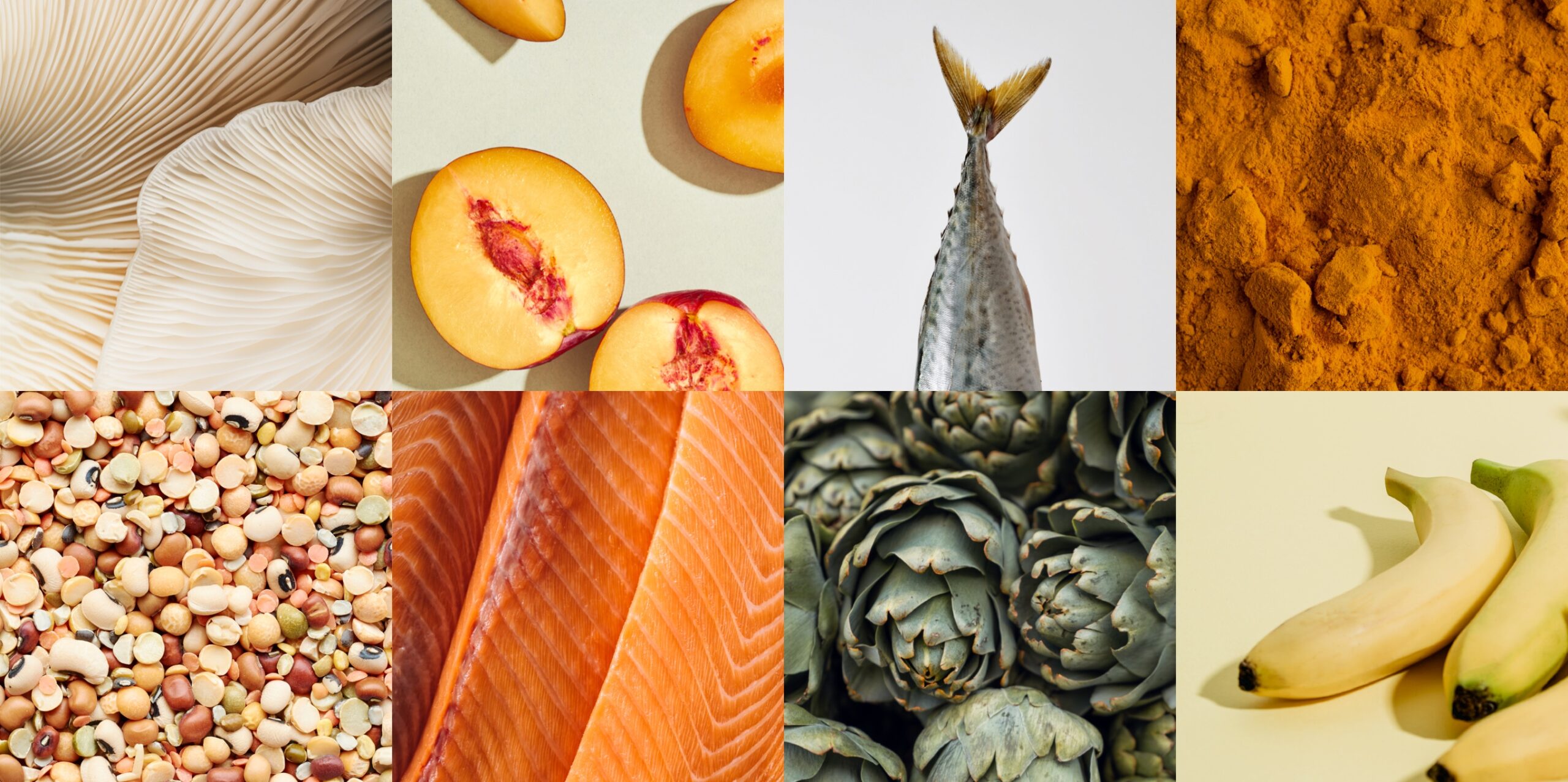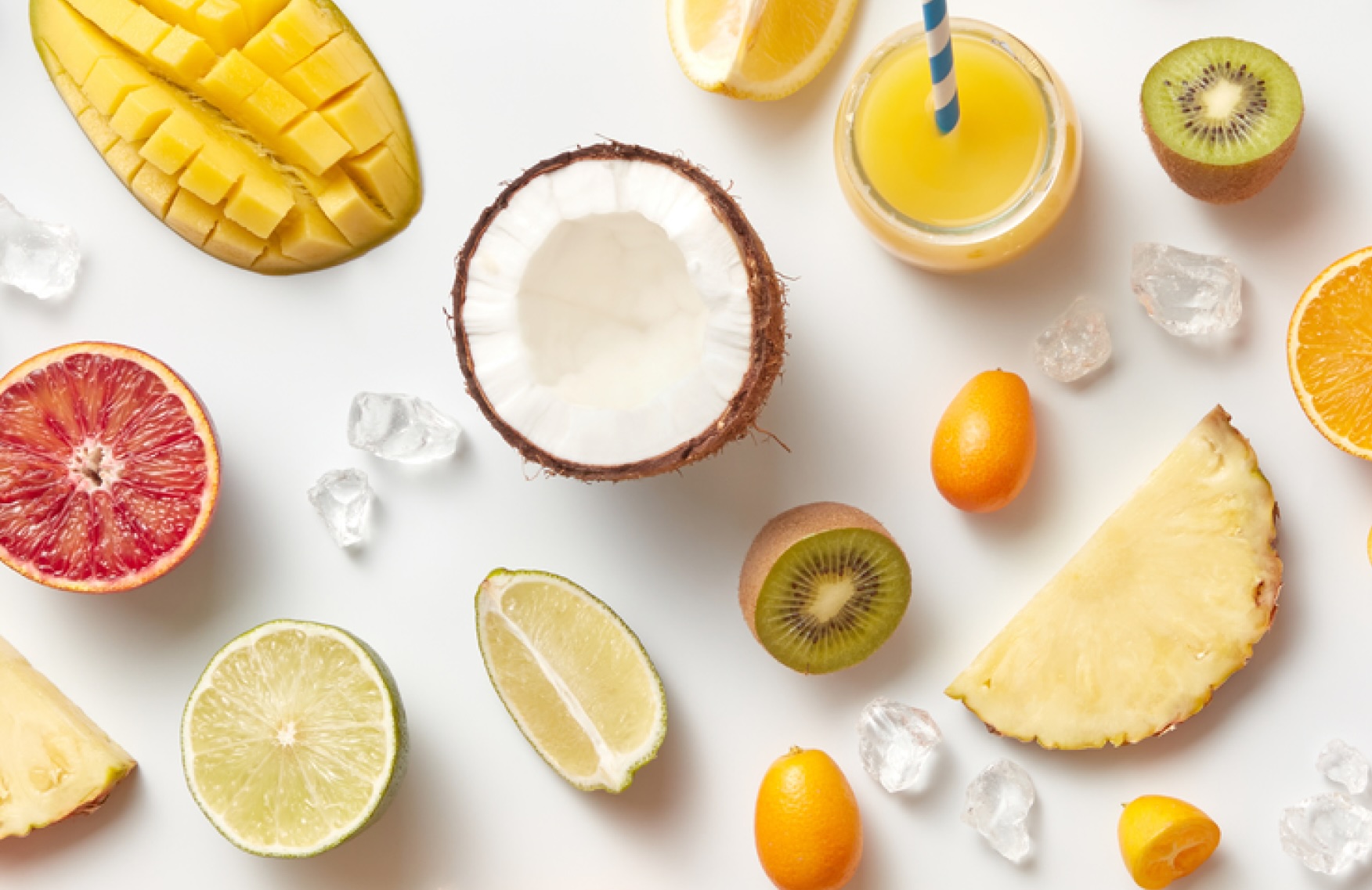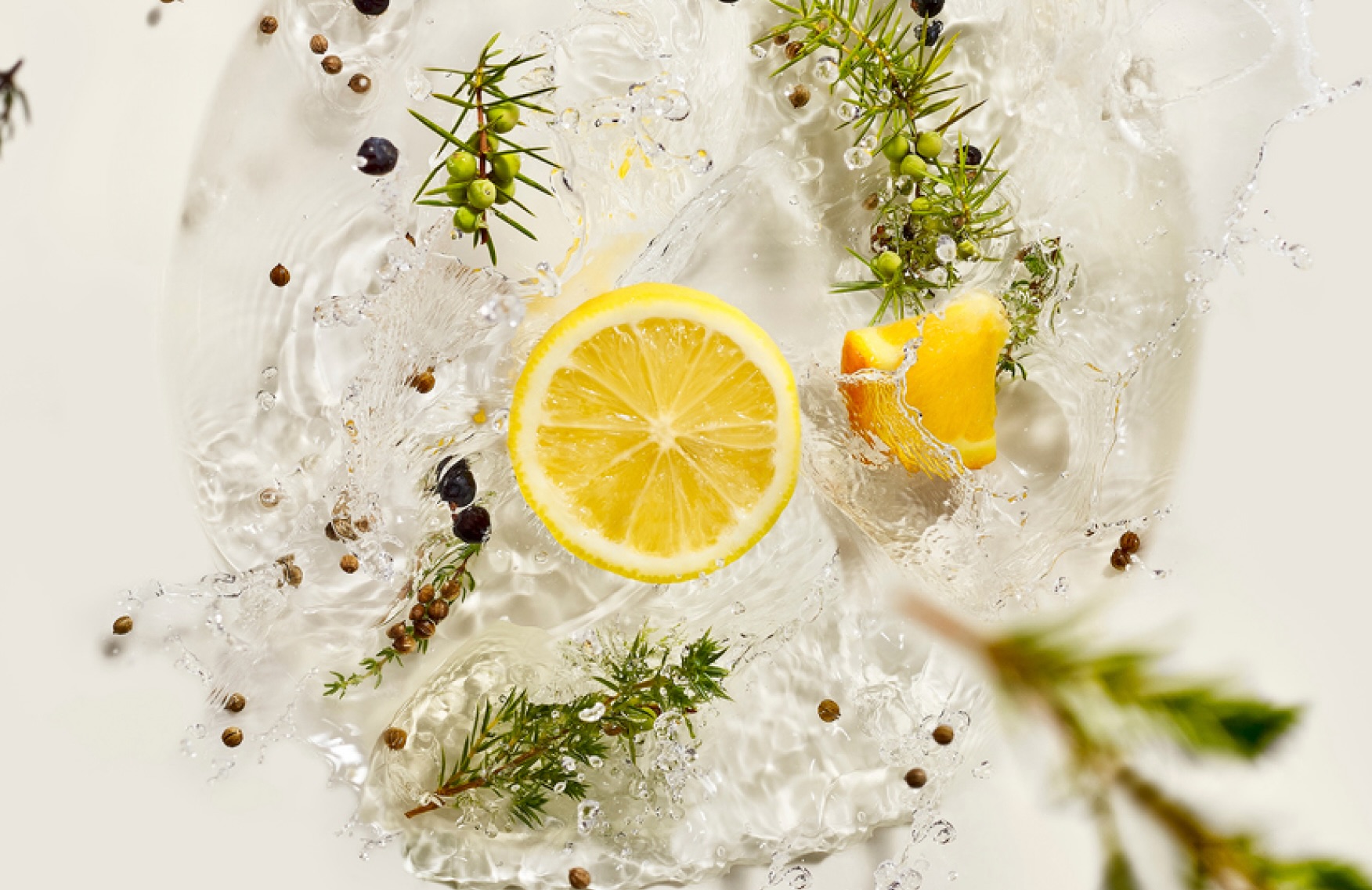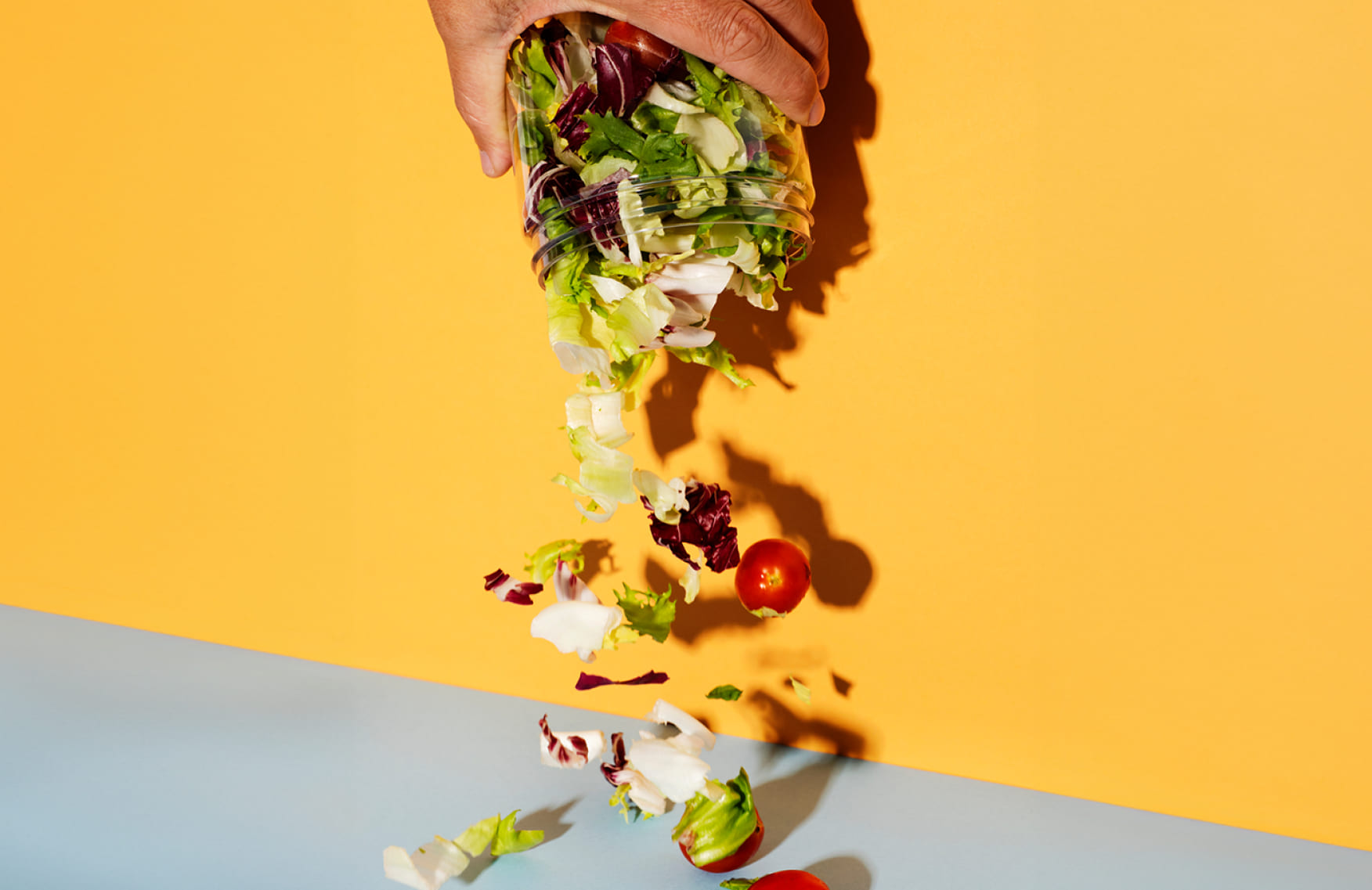Prone to stress and anxiety? These 8 nutrients help regulate mood, elevate serotonin levels and (simply put) chill you out

As the saying goes, “You are what you eat.” So if you’re a ball of stress and anxiety, perhaps it’s time to assess your diet. While a new meal plan can’t take the place of a professional therapy session or medical advice/recommendations when it comes to treating anxiety, incorporating the right nutrients in your diet can help reduce and manage it. “We know that our food can impact gene expression,” says Dr. Ana Luisa Neal, a board-certified naturopathic doctor and nurse practitioner. “We are faced with a choice through our diet as to what we want to cultivate within our bodies.”
If stress is literally eating away at you, try adding these eight nutrients into your daily diet.
Because this mineral plays a role in important cellular functions, including muscle contraction, insulin release and hormone/mood regulation, magnesium deficiencies often present as anxiety symptoms. However, be aware of proper dosage—too much can lead to an upset stomach. Among the foods high in magnesium are spinach, pumpkin seeds and almonds.
Adaptogenic roots and herbs, such as ashwagandha, ginseng and reishi mushroom, have been all the rage in recent years for their stress-relieving, energizing and anti-depressive properties. “Some herbs will be more appropriate than others, which makes it important to consult an herbalist if you really want this personalized,” Dr. Neal says. Additional adaptogens include turmeric, licorice root, rhodiola and holy basil.
According to the World Health Organization, one-third of the global population is zinc deficient, which, Dr. Neal adds, can cause a change in a serotonin receptor in the brain and produce symptoms of anxiety and depression. For foods rich in zinc, try shellfish, legumes and cashews.
Previous studies linked omega-3 fatty acids to improving depression, but more recent studies have shown they may also reduce anxiety. Some foods high in omega-3 fatty acids are salmon, mackerel and flax seeds.
Studies have shown correlations between anxiety and lowered antioxidant levels. “We recommend that patients ‘eat the rainbow’ to ensure plenty of antioxidant support through fruits and vegetables,” Dr. Neal says. Food high in antioxidants include apples, plums, berries, kale and artichokes.
“Certain strains of bacteria can interact with our gut flora in ways that can impact our nervous system,” Dr. Neal says. “There’s a reason we say we have ‘gut feelings,’ as these two systems are inextricably linked.” Probiotics also help reduce inflammation, which can often produce anxiety and stress. Yogurt, kefir, sauerkraut and kimchi are a few foods rich in probiotics.
The B might as well stand for “bliss,” since this class of vitamins is known for lowering anxiety and stress levels. Vitamin B1 helps maintain blood sugar levels and B3 helps synthesize serotonin, while B5 helps support the adrenal glands, and B9 (or folic acid) and B12 help balance depressive moods. Food high in B vitamins include eggs, leafy greens, bananas and whole grains.
Dr. Neal recommends at least 35 grams of fiber daily to help with detoxification and promote a healthy microbiome. “Anxiety and stress often cause poor dietary choices, which can impair detox pathways and increase mood dysregulation,” she adds. Broccoli, oats, chia seeds and beans are a few high-fiber foods.
The views expressed in this article do not necessarily represent the views of Murad, and are for informational purposes only, even if the advice of physicians and medical practitioners are included. This article is not a substitute for professional medical advice, diagnosis or treatment, and should not looked be considered specific medical advice.


